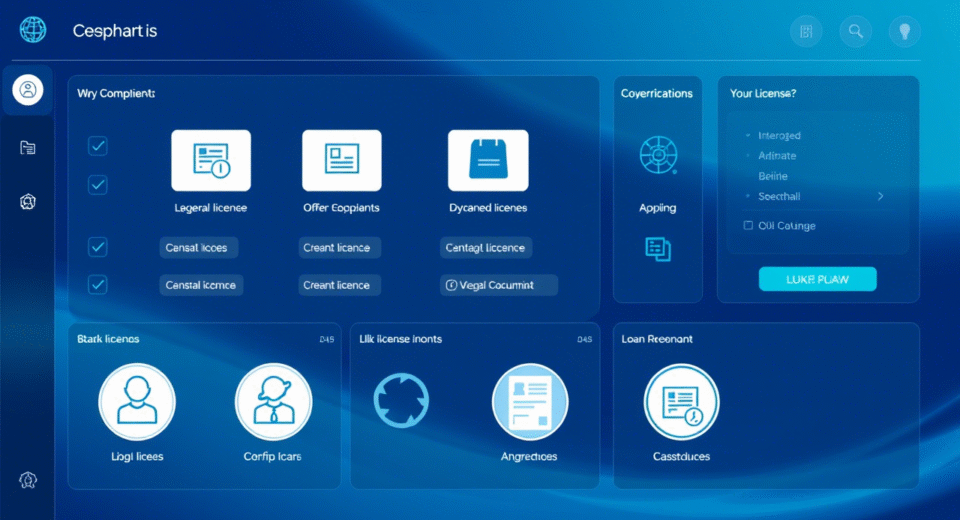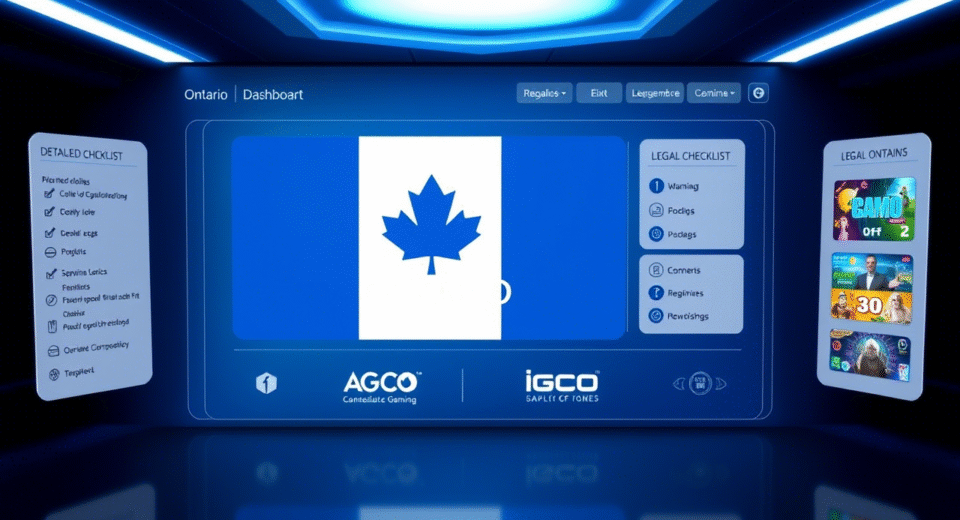Essential Compliance Terms Explained for New Operators
Introduction: Why Compliance Vocabulary Matters Entering the gambling industry in 2025 is like stepping onto a high-stakes chessboard—one wrong move, and you could face penalties, fines, or worse: license suspension. Compliance is not just a checklist—it’s a culture.New operators often underestimate how important it is to understand the terminology that shapes legal obligations, partner expectations, and player trust. This article demystifies essential compliance terms every new operator must know to stay safe, credible, and profitable. 🛡️ 1. KYC (Know Your Customer) Definition:A regulatory requirement where operators must verify the identity of their users before they can deposit, withdraw, or even play. What It Means for You:KYC helps prevent fraud, underage gambling, and money laundering. It usually involves collecting a player’s ID, proof of address, and payment verification. ⚠️ Failure to enforce KYC can lead to severe fines and blacklisting in regulated markets like the UK, Malta, and Ontario. 💼 2. AML (Anti-Money Laundering) Definition:A framework of laws and procedures designed to stop criminals from disguising illegally obtained funds as legitimate income. Key Concepts Within AML: Why It Matters:AML is a cornerstone of global gambling compliance. Regulators will expect full documentation and internal processes to monitor it. 🧑⚖️ 3. Licensing Jurisdiction Definition:The regulatory body or territory under which your gambling business is legally licensed to operate. Top Jurisdictions in 2025: Always match your license jurisdiction with your target market to stay compliant. 🔐 4. Player Due Diligence (PDD) Definition:A broader version of KYC that includes monitoring player behavior and financial transactions over time. Levels of Due Diligence: Why It’s Vital:It helps identify high-risk behavior, suspicious patterns, and VIPs who need special attention or restrictions. 📉 5. Risk-Based Approach (RBA) Definition:A compliance strategy that prioritizes actions based on the risk level associated with each player or transaction. Implementation Includes: Regulators increasingly expect a dynamic, rather than static, approach to compliance. 📜 6. Terms and Conditions (T&Cs) Definition:The legally binding document players must agree to before using your platform. Critical Areas to Cover: Tip:T&Cs should be localized and updated regularly. Unclear or predatory clauses can result in player disputes—and regulator scrutiny. 🚫 7. Excluded Territories / Geo-Blocking Definition:Jurisdictions where you are legally forbidden from accepting players. Why It Matters:Operators must use IP-blocking, payment filtering, and KYC checks to prevent access from banned regions (e.g., US players on UKGC sites). Failure Consequences: 👨⚕️ 8. Responsible Gambling (RG) Definition:A set of practices ensuring that players gamble within their limits and are protected from harm. Core Components: Most licenses now mandate responsible gambling features. 🚨 9. Self-Exclusion Schemes Definition:Tools that allow players to voluntarily block themselves from gambling for a specified period. Key Programs: Operator Responsibility:Must integrate these APIs into your backend and honor all exclusions immediately. 📉 10. Source of Wealth (SoW) Definition:Beyond just where the money came from, SoW seeks to understand how a player acquired their overall wealth (e.g., occupation, inheritance, investments). High-Risk Triggers: Especially important under Enhanced Due Diligence rules. 💰 11. Bonus Abuse Definition:Manipulating welcome offers or ongoing bonuses via multiple accounts, collusion, or exploiting T&Cs loopholes. Common Tactics: Your Role:Use fraud prevention tools, enforce KYC early, and clearly define abuse in your bonus terms. 🧾 12. Reporting Obligations Definition:Legal requirements to file reports with regulators, tax authorities, or compliance agencies. Types Include: Tip:Automate reporting as much as possible. Regulators love transparency and hate excuses. 🧠 13. GDPR / Data Privacy Definition:A European regulation governing how personal data is collected, processed, and stored. Your Responsibilities: Fines for Breach:Can reach €20 million or 4% of global turnover—whichever is higher. 🧰 14. Compliance Officer (CO) Definition:A designated person responsible for ensuring all regulatory requirements are met. Their Duties Include: Many jurisdictions require you to name a CO in your license application. 📅 15. License Renewal & Audit Definition:Periodic evaluation of your platform, systems, and procedures by the licensing authority. Be Prepared For: Tip:Treat audits as opportunities to strengthen trust and credibility—not just checkboxes. Conclusion: Know the Language, Avoid the Landmines For new operators, compliance can feel like a black hole of legalese and bureaucracy. But knowing these 15 foundational terms will help you navigate the complexity with confidence. Whether you’re seeking your first license, launching in a new market, or scaling internationally, a clear grip on the vocabulary keeps your business not just operational—but bulletproof.








